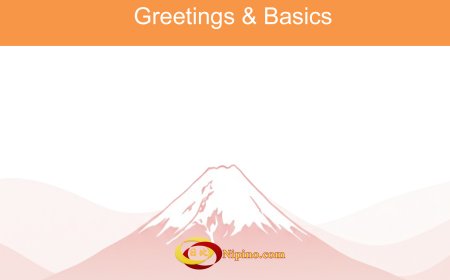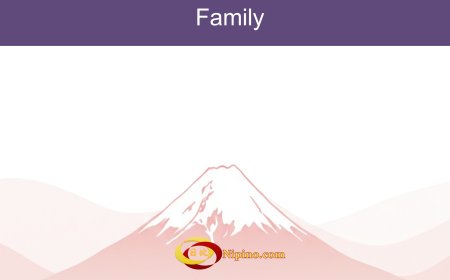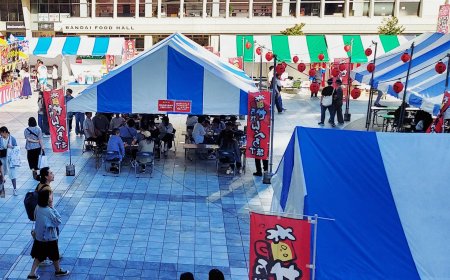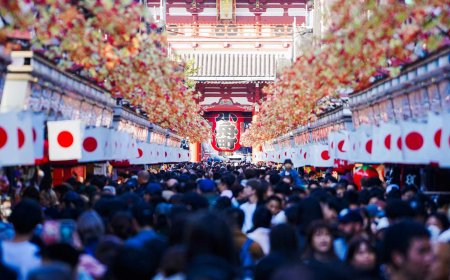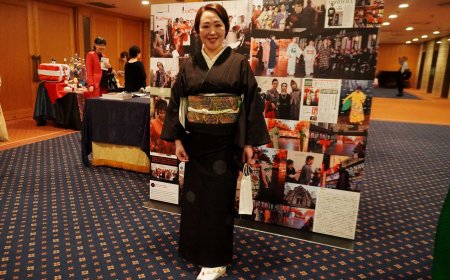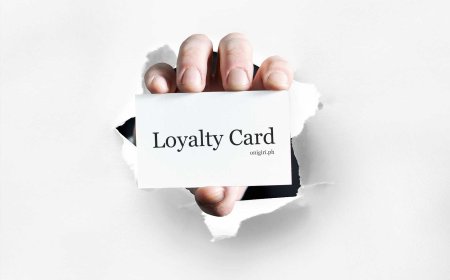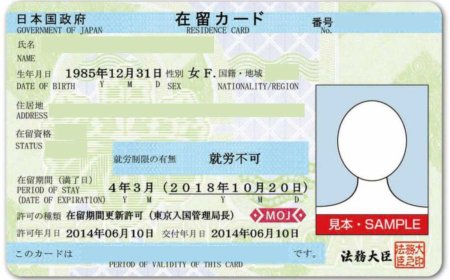Shibusawa Eiichi: The Father of Japanese Capitalism
Shibusawa Eiichi was a pioneering figure who transformed Japan’s economy during the Meiji era. His commitment to ethical business practices and social responsibility remains influential in modern corporate Japan.
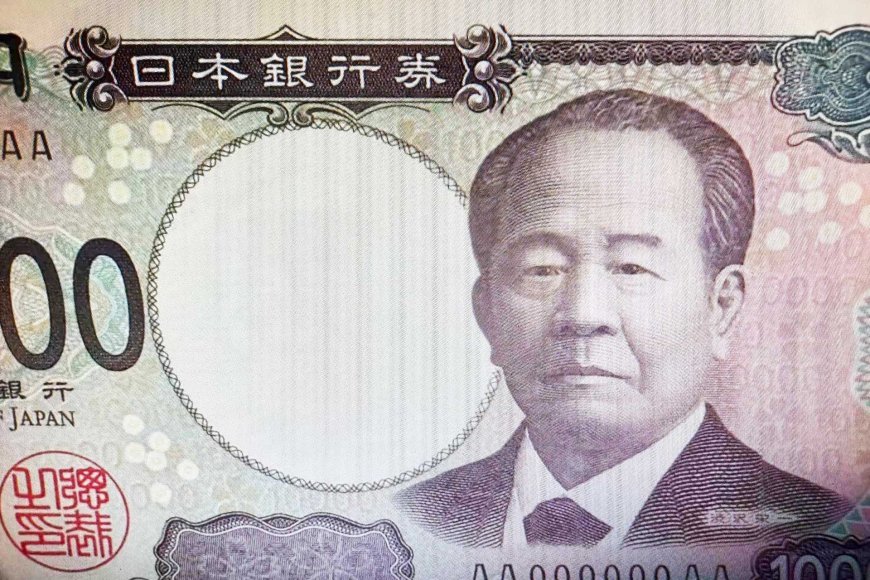
The Visionary Legacy of Shibusawa Eiichi
Shibusawa Eiichi is often referred to as the "Father of Japanese Capitalism," a title well-earned through his remarkable contributions to Japan's modernization and economic development. Born in 1840 in a rural village in Saitama Prefecture, Shibusawa rose from humble beginnings to become one of the most influential figures in Japan's Meiji era, a period marked by rapid industrialization and Westernization. His work laid the foundation for modern corporate Japan, and his principles of ethical capitalism continue to inspire business leaders to this day.

Early Life and Education
Shibusawa Eiichi was born into a family of wealthy farmers who also engaged in indigo dye production, a lucrative business at the time. From a young age, Shibusawa exhibited a keen interest in learning, particularly in the Confucian classics, which would later influence his business philosophy. Despite his rural upbringing, he was exposed to the complexities of business and trade, which piqued his interest in commerce.
In 1867, Shibusawa traveled to Europe as part of a Japanese delegation to study Western economic systems and technologies. This experience was transformative; he was deeply impressed by the industrial advancements and corporate structures he observed, particularly in France. Upon his return to Japan, Shibusawa was determined to apply these Western ideas to Japan's economy, which was still largely feudal and agrarian.
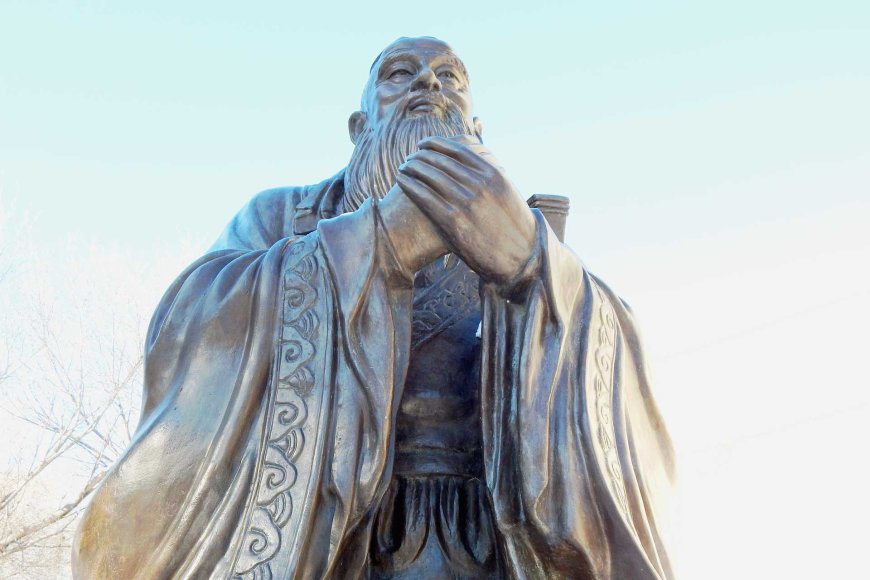
Founding Modern Japanese Corporations
One of Shibusawa's most significant contributions was his role in establishing modern corporate structures in Japan. In 1873, he co-founded the First National Bank (Dai-Ichi Kokuritsu Ginkō), Japan's first bank based on Western principles. This institution played a crucial role in stabilizing Japan's financial system and promoting industrial growth. It also set the standard for corporate governance and management in Japan, with Shibusawa advocating for the separation of ownership and management—an idea he borrowed from his observations in Europe.
Shibusawa's influence extended beyond banking. He was involved in founding or supporting over 500 companies and organizations, including some of Japan's most prominent firms, such as Tokyo Electric Light Company (now Tokyo Electric Power Company), Osaka Spinning Company, and Nippon Life Insurance. His approach was always the same: introduce Western business practices while maintaining a commitment to ethical principles rooted in Confucianism.

Ethical Capitalism and the "Gapponshugi" Philosophy
Shibusawa Eiichi is perhaps best known for his philosophy of "Gapponshugi," a concept he developed that can be loosely translated as "capitalism based on moral principles." Unlike the purely profit-driven capitalism that was emerging in the West, Shibusawa believed that business should serve a broader social purpose. He argued that companies should not only seek to maximize profits but also contribute to the welfare of society, promote social harmony, and ensure that all stakeholders, including employees and customers, were treated fairly.
Shibusawa's ethical capitalism was deeply influenced by Confucian values, particularly the idea of "ri," or righteousness. He believed that business leaders had a moral obligation to act in the best interests of society and that ethical behavior was not just compatible with business success but essential to it. This philosophy was revolutionary at the time and remains relevant today, as companies around the world grapple with issues of corporate responsibility and sustainability.
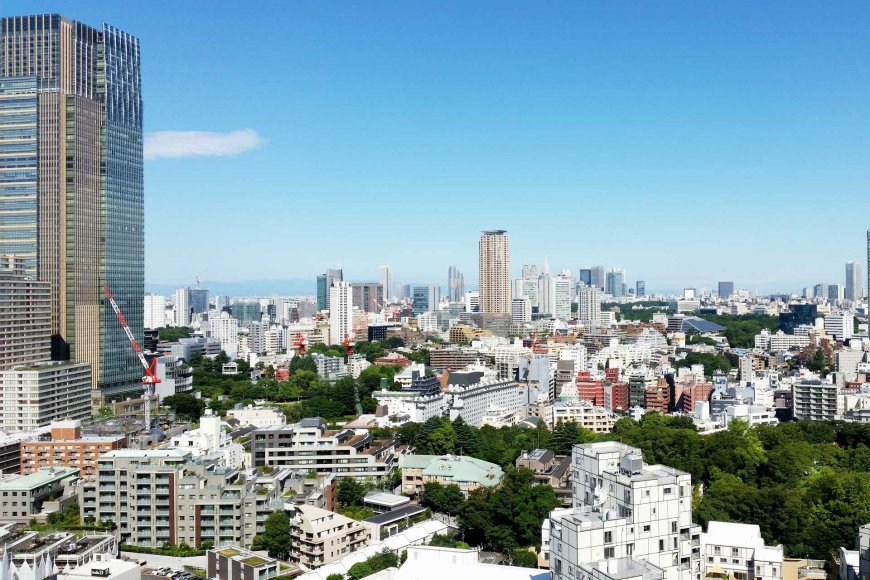
Legacy and Influence
Shibusawa Eiichi's impact on Japan's economy and society was profound and lasting. He was a key figure in Japan's transformation from a feudal society to a modern industrial nation, and his ideas about ethical capitalism have left a lasting imprint on Japanese business culture. Today, Shibusawa is celebrated as a pioneer who laid the groundwork for Japan's economic success and as a model of responsible leadership.
His legacy is also preserved through various institutions, such as the Shibusawa Memorial Museum in Tokyo, which documents his life and contributions. In 2021, to mark the 100th anniversary of his death, the Japanese government announced that Shibusawa's image would appear on the new ¥10,000 banknote, further cementing his status as a national icon.
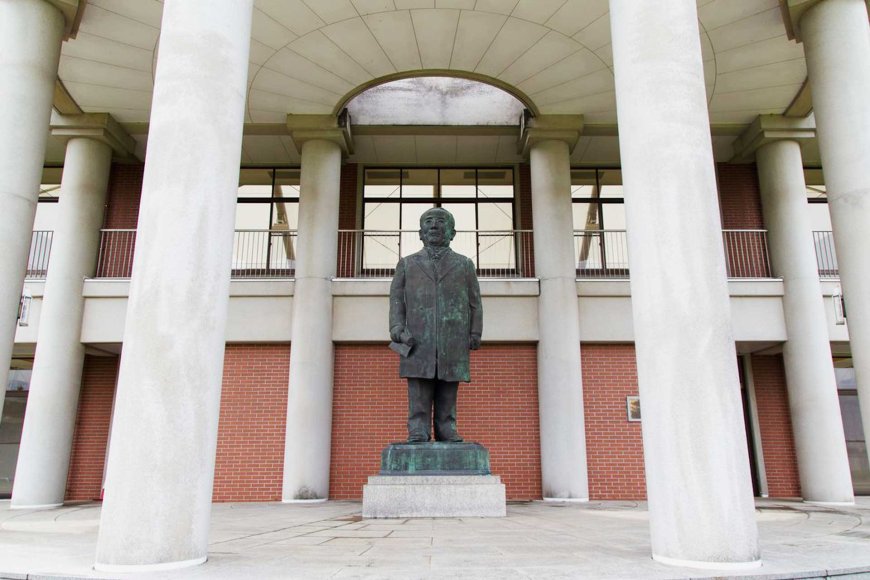
A Businessman Ahead of his Time
Shibusawa Eiichi was more than just a successful businessman; he was a visionary who saw the potential for capitalism to be a force for good in society. His ideas about ethical capitalism, corporate governance, and social responsibility were ahead of their time and continue to influence business practices in Japan and beyond. As Japan and the world face new economic and social challenges, Shibusawa's life and philosophy offer valuable lessons on the importance of balancing profit with purpose and the role of business in building a just and prosperous society.
Find Cheap Flight Tickets to any Destinations in Japan and the Philippines
Nipino.com is committed to providing you with accurate and genuine content. Let us know your opinion by clicking HERE.


